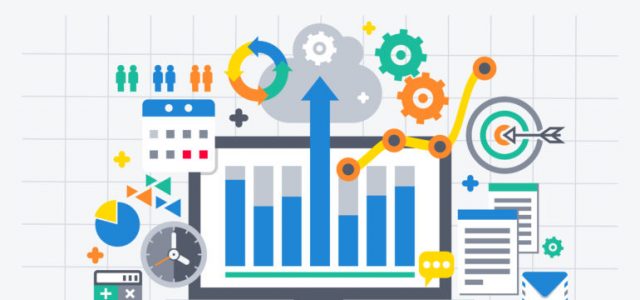The impact of artificial intelligence (AI) on society regularly makes the headlines. Most typically on the back of surveys about how many jobs it will eradicate or create in the future or how it is radically changing the workplace.
Indeed, Capita People Solutions’ Human to Hybrid research project recently predicted that the transition to a hybrid “human-AI” workforce will be the biggest strategic challenge facing UK business leaders over the next five years.
Sometimes though, it isn’t headline-hitting statistics that always tell the biggest story.
Ford Motor Company has been a fascinating organisation to watch during this era of digital transformation as it strategically shifts from traditional car manufacturer to a ‘mobility’ company. Ford wants to lead the field when it comes to self-driving vehicles and has also collaborated with companies specialising in areas such as electric scooters, bike-share, ride-share and data. In addition, it is working directly with several US cities on their future transportation requirements.
At a Recode Decode event this week in the US entitled A Conversation About AI, Ken Washington, chief technology officer at Ford, told the audience that AI is changing the way Ford delivers the customer experience. Effectively, he said, Ford is morphing into a mobility company with AI as a “core competency”.
As well as using AI in the customer experience, Washington revealed that through the company’s presence in Silicon Valley, it has met more than 1,000 start-ups and is also applying AI in both the design and manufacturing processes. For instance, AI is being used within engineering teams to help design the vehicles using “generative design” processes to come up with thousands of design options.
Without a doubt, Ford is leading the way when it comes to showing other organisations and their leaders how AI needs to be truly embedded in the organisation if its considerable capabilities are to be fully harnessed. And describing AI as a “core competency” is the ultimate acknowledgement of its importance to businesses in the digital economy.
Actions often speak louder than survey reports and Ford should make all of us consider how we are embedding technologies like AI, augmented intelligence and machine learning into our organisations.
Rialto Consultancy is already working with clients using its Augmented Intelligence Consulting (AI-C) tool which helps clients solve future business and people challenges by utilising modern business decision-making models (developed with Harvard Business School). We believe it will help to automate the process of developing a strategy to secure high-impact, outcome-based goals more quickly.
AI-C seeks to overcome the cognitive biases which are behind why many humans don’t always see or agree on the current reality clearly. This is especially the case with longer serving teams. It can create delay, stress and frustration that leads to most change or transformation programmes failing because of misalignment.
Like Ford, our view is the new era of digital tools must be embraced and embedded into practices – and this needs to happen sooner rather than later.
Article by channel:
Everything you need to know about Digital Transformation
The best articles, news and events direct to your inbox







